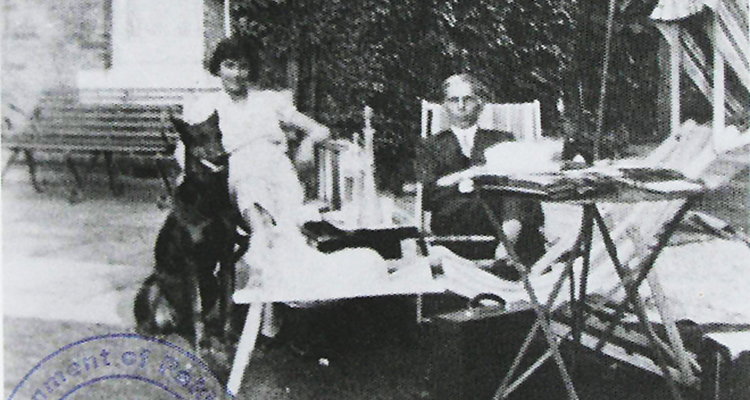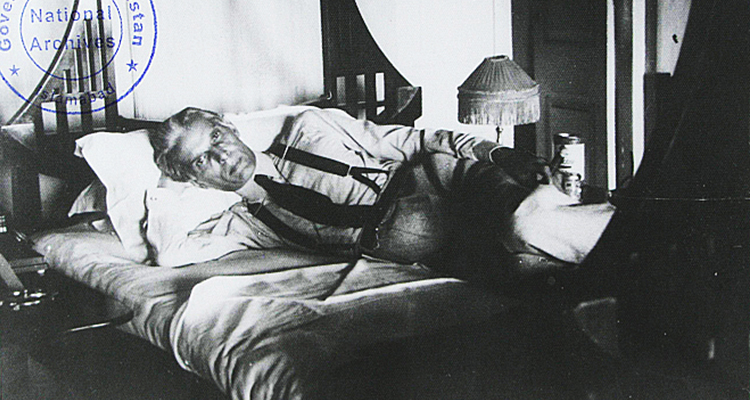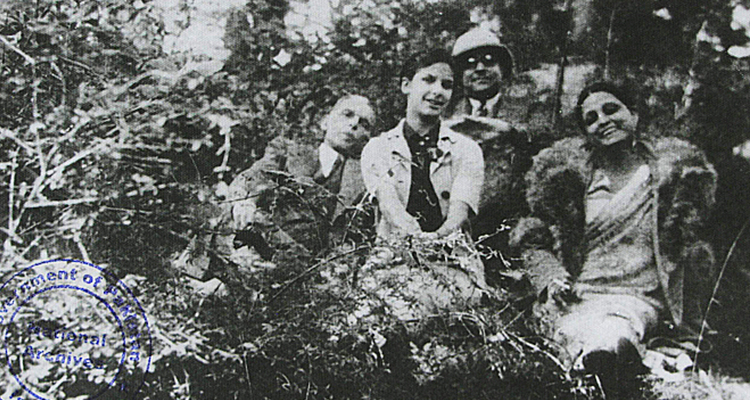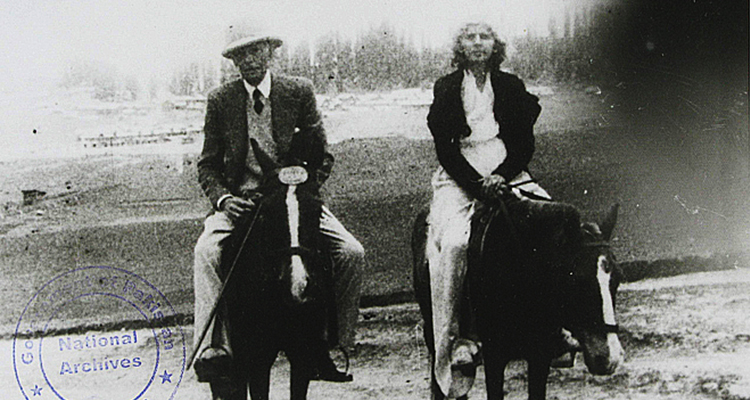Written by: Senator Mushahid Hussain Sayed
Posted on: December 23, 2016 |  | 中文
| 中文
Quaid-i-Azam on the covers of Time (22nd April, 1946) and Life Magazine (5th January, 1948)
The birthday of the Founder of Pakistan, Quaid-i-Azam Muhammad Ali Jinnah, coincides with the advent of the New Year; this year it comes at a time when Pakistan is poised to play a pivotal role in the region. Pakistan has been in the 'eye of the storm' since 1979: it fought the last big battle of the 20th century as a 'frontline state' that ended with the demolition of the Berlin War, demise of communism in Europe, and the breakup of the Soviet Union. At the beginning of the 21st century, Pakistan was again propelled to a 'frontline position' in the battle against terrorism and extremism, with a focus on Afghanistan.

Pakistan has managed to leverage its strategic location with a larger than life role since its inception, which the Quaid-i-Azam had envisaged with amazing prescience! Soon after the birth of Pakistan, the Quaid gave his first interview to an American journalist, Margaret Bourke-White, who published it as the cover story of LIFE magazine in January 1948. She asked the Quaid about the future of Pakistan and its place in the world, when it was still in a precarious condition: it was at war with India over Kashmir; was faced with bankruptcy as India was refusing to give Pakistan its share of assets; there was an influx of millions of refugees to Pakistan, and a similar exodus of population following communal riots.

Quaid-i-Azam responded to the American journalist's question with characteristic clarity and conviction: 'Pakistan is the pivot of the world, placed on the frontier on which the future position of the world revolves'! His words sound prophetic today.
With the China-Pakistan Economic Corridor (CPEC) as the centerpiece of regional connectivity, an emerging Greater South Asia, China, South and Central Asia, Iran and Afghanistan are being woven together by pipelines and ports, roads and railways, energy and economy. Pakistan's role is pivotal.

Even in the past, Pakistan has been taking moral positions at the global level, and going beyond the politics of realpolitik. Some examples:
Today Gwadar Port, the centerpiece of CPEC, is a living reality.
As this shining track record testifies, Pakistan has lived up to the Quaid-i-Azam’s prophecy of becoming the 'pivot' in geopolitics, and has taken moral and courageous positions on a whole range of issues. That role is likely to continue in an enhanced manner now that CPEC, the single biggest project between any two countries in the history of international relations, is moving forward. It promises to turn Pakistan into a hub of regional connectivity, and transform the lives of its people.

You may also like: